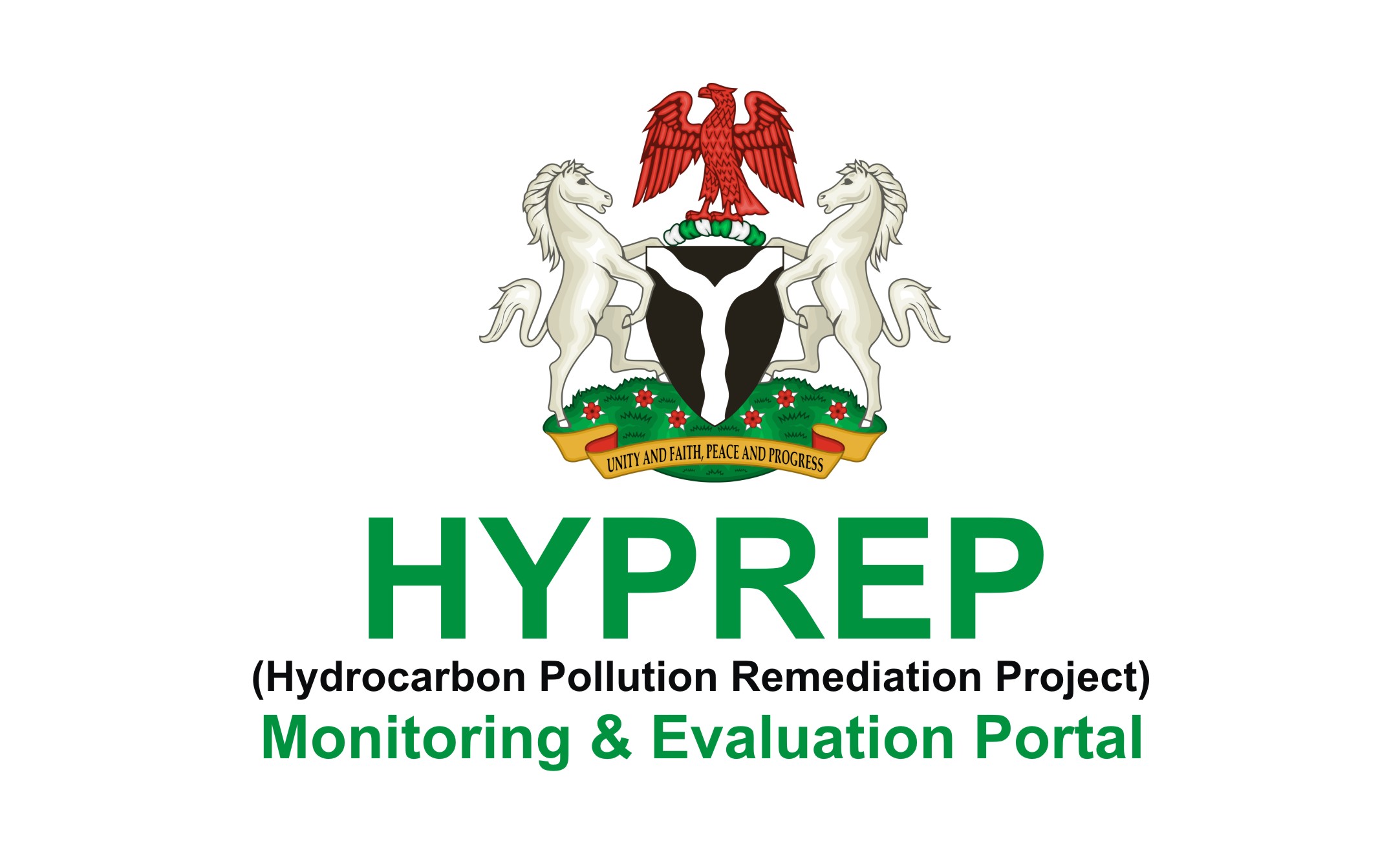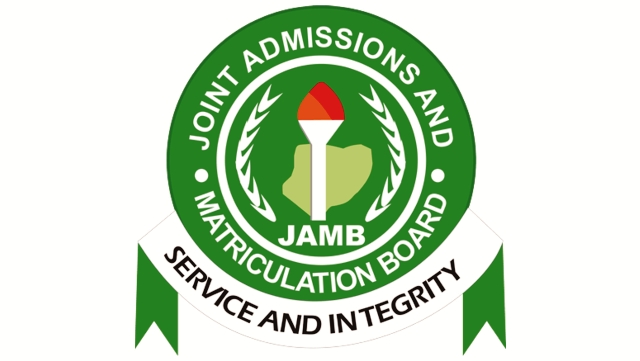Business
NGOs Task FG On Planned Fuel Subsidy Removal
Two international NGOs, Actionaid Nigeria and Oxfam, have urged the Federal Government to review its decision to remove fuel subsidy removal next year.
Dr Hussaini Abdu and Jamillah Mwanjisi of ActionAid Nigeria and Oxfam respectively, who made the call on Wednesday in Abuja at a joint news conference, said that the decision, if implemented, would force more people into poverty and hunger.
Reports say that the two organisations that have been working on food security in the country.
They also warned that it would have adverse consequence on the average Nigerian.
According to them, the increase in the pump price of petroleum products now or in the future will be a direct attack on the poor and will undermine all national and global efforts to alleviate poverty.
“Any increase in pump price will push food prices up and as a result, put more pressure on households who presently are investing all their resources on accessing food’, they said.
They noted that any further pressure on the lean resources of the masses, would amount to a “targeted vicious attack” on the poor and socially disadvantaged.
“The production of agricultural produce is tied a lot to petroleum products from production stage to processing, storage, marketing, extension, research and training.
“All of these are tied to the use of petroleum products, especially the petrol and diesel in transportation and other petroleum derivatives such as herbicides and chemicals for pest control.
“Increase in the price of petroleum will, therefore. cause a hike in the cost of transportation which will affect the smallholder farmers a lot as they are the major producers of food in the country,’’ they warned.
Reports said that there is so much agitation in the country over the decision of the Federal Government to withdraw petroleum product subsidy.
Business
NCDMB, Dangote Refinery Unveil JTC On Deepening Local Content

Business
Industry Leaders Defend Local Content, … Rally Behind NCDMB

Business
Replace Nipa Palms With Mangroove In Ogoni, Group Urges FG, HYPREP

-
Politics3 days ago
Bayelsa APC Hails Late Buhari As Change Agent In Nigerian Politics
-

 News2 days ago
News2 days agoShettima, Atiku, Obi Attend Buhari’s Fidau Prayer In Daura
-

 News3 days ago
News3 days agoJAMB Uncovers 9,469 Fake Admissions In 20 Tertiary Institutions
-

 News3 days ago
News3 days agoNAF Disowns Recruitment Adverts, Says It’s Fake
-
Nation3 days ago
Alumni, Others Launch Campus Care Initiative In Port Harcourt
-
News2 days ago
Rivers Chief Judge Frees 21 Awaiting Trial Inmates
-
Politics3 days ago
Natasha’s Counsel Writes Senate Over Court Judgment
-
Nation3 days ago
NIPR Practitioners Urge To Go Beyond Traditional Media Relations To Strategic Leadership Functions

